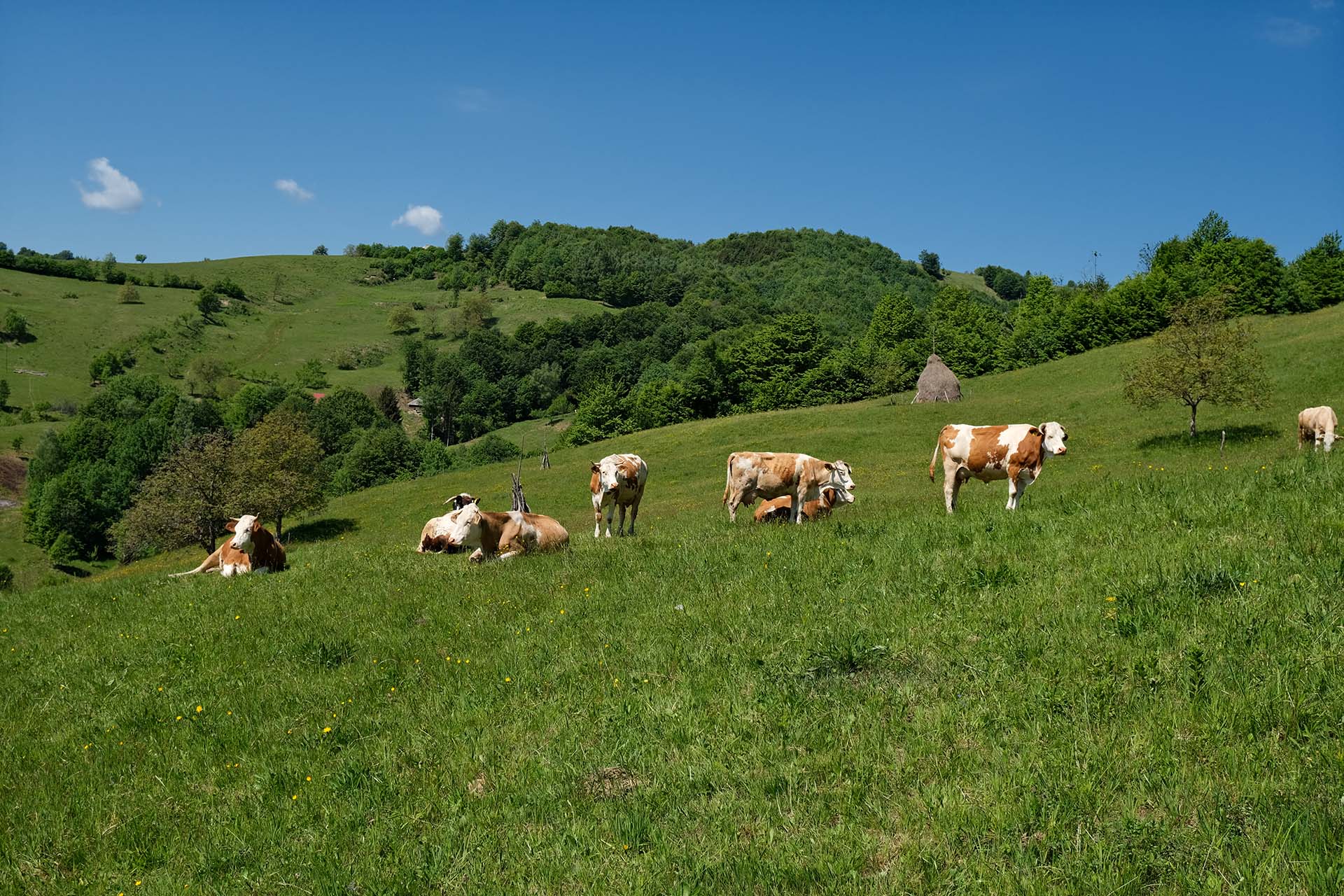Boosting Sustainable Agriculture Requires Public and Private Incentives
From policy to action and seeding change with PATHWAYS
The transition to sustainable farming can only be achieved through economic and cultural changes that reach well beyond the agricultural sector. In a capitalist economy, the primary incentive is towards efficiency, which for agriculture means intensive farming, monocultures, and compromised animal welfare. No amount of subsidies will change this dynamic, particularly given the immense buying power of supermarkets which follow their own incentives to drive down food prices for consumers.
At the PATHWAYS For Sustainable Food forum in Brussels on 7 March, participants from agriculture-related sectors and academia discussed how a more holistic ‘rural renaissance’ might solve some of the problems that subsidies and regulation cannot.
Labor shortages are a major impediment to agricultural supply chains, the participants said. While large-scale crop farming is heavily mechanized, rearing animals remains labor-intensive, as are food processing and logistical operations. The lack of working-age people living in rural areas discourages small-scale agriculture and local downstream activity, limiting the prospects for more sustainable operations.

Governments should invest in all kinds of infrastructure, from schools to public transport to broadband internet, to encourage workers to move to rural areas. Besides increasing the pool of labor available for farming and associated industries, this would more broadly create vibrant rural communities which themselves practice sustainable food consumption habits, having access to local produce and an inherent understanding of the food supply chain.
Another challenge identified at the summit was a lack of financing available for farmers, particularly new entrants to the sector who face high upfront costs for land and machinery. This discourages young people and those from non-farming backgrounds, who might bring innovative new ideas to the sector, from pursuing agricultural ventures.
While some ‘impact investors’ have begun to look at sustainable farming, most lenders have too short a horizon for such investments to bear fruit. Moreover, many of the positive results of sustainable farming, from soil quality to animal welfare to public health, are hard to quantify financially. As a result, the sector suffers from a shortage of capital, and participants said that public grants or cheap government-backed loans might initially be needed to demonstrate the viability of such investments.
Financial incentives could also encourage sustainable practices more directly. Insurers, for example, could offer more attractive rates to farmers who practice good land management. This makes their farms more resilient to natural disasters such as flooding, thereby reducing the likelihood of the insurer having to pay out.

Participants also said that gaps in the education system had caused people to become disconnected from food supply chains. Teaching children more about farming and food would encourage some of them to pursue careers in the sector, but perhaps more importantly would empower a whole generation of consumers with knowledge of how to turn fresh seasonal produce into delicious meals. In the long term, this would tip markets towards sustainable local food production and away from industrial food processing.
With such a broad and interrelated set of factors at play, the only way to successfully seed a rural renaissance is with a mix of public and private investment, not only in agriculture and related industries but in rural communities and society at large.
You can watch the Livestream recording of the event, as well as check the agenda, photos and the Practice Hubs photo exhibition here.
